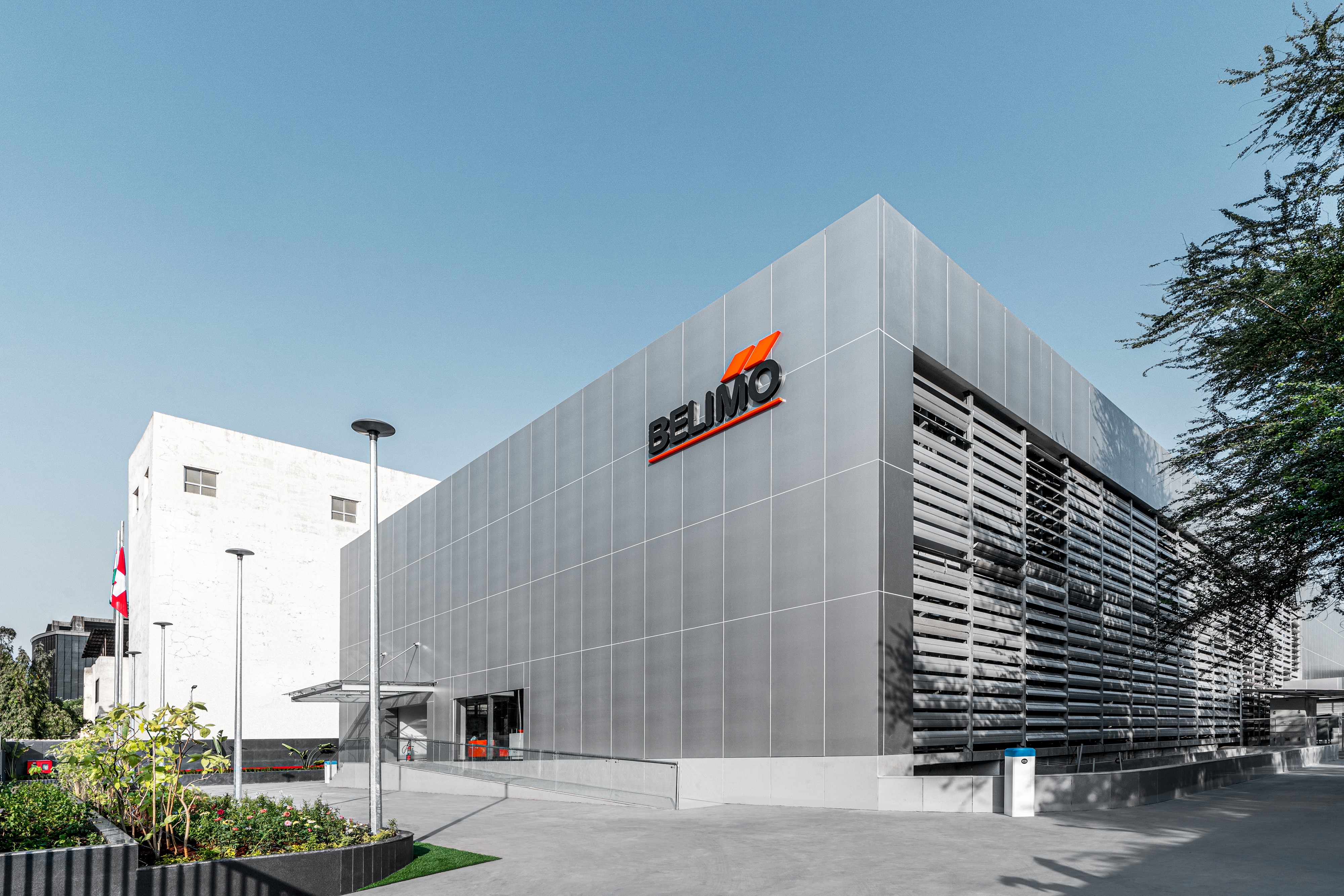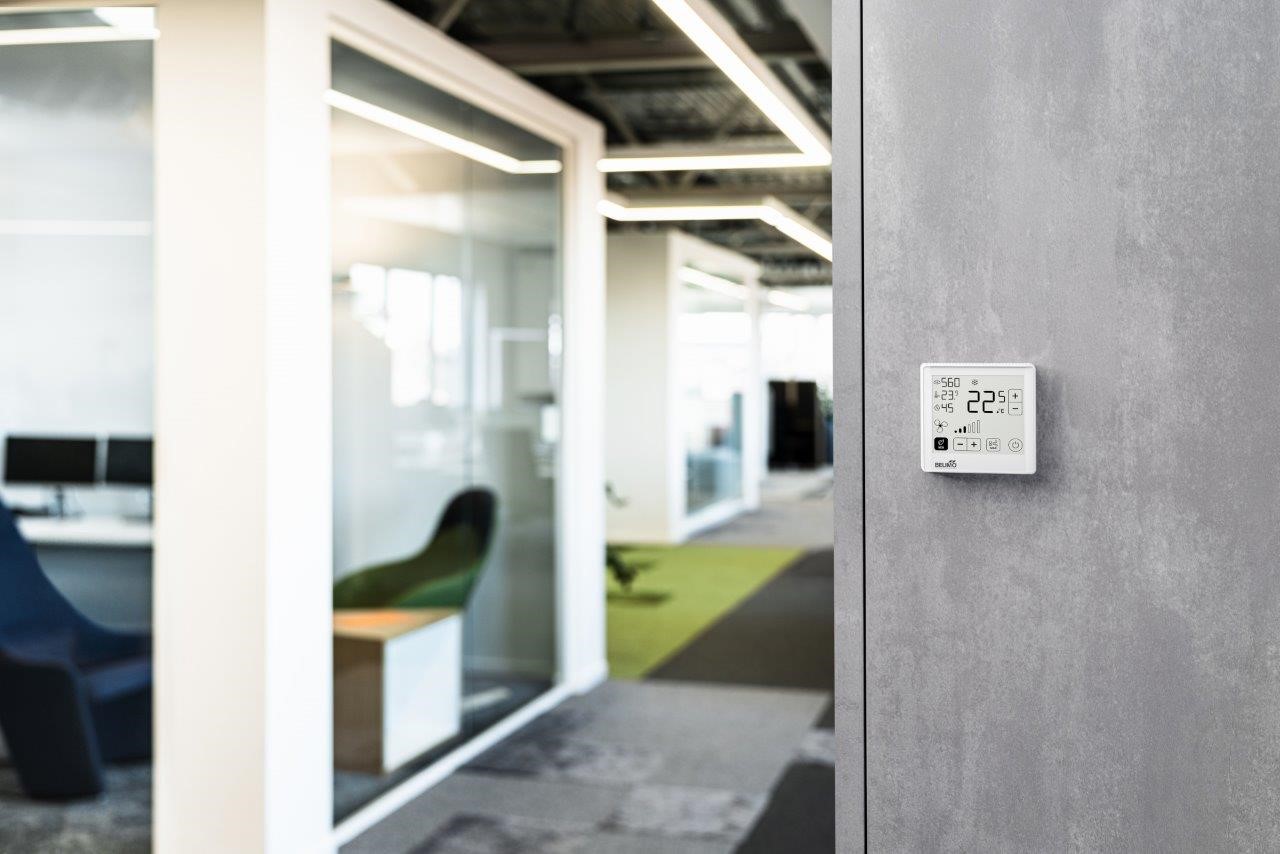Performance
Sustainability Goals
In 2021, we initiated goals to help us fulfill our mission to “Create Healthier Indoor Comfort with Less Energy” with ever greater leverage. In 2022, we updated and enhanced these goals.
Our CO2 model serves as the basis for showing the impact of our field devices:
In the wake of our initiation of sustainability goals in 2021 based on steps 2, 4, and 5 of the model and on the total sum of savings from our field devices sold, we now first provide an update on each of these goals (read more on our impact model here).
2. Manufacturing: Carbon-Neutral Buildings
Last year, we announced our target of reducing 25% of greenhouse gas (GHG) emissions in Belimo-owned buildings by 2025 (Hinwil and Danbury, as measured in CO2e relative to the 2019 output).
During the year under review, we were able to implement energy-efficiency measures in our buildings in Hinwil and Danbury and switch to 100% renewable electricity in Hinwil. Combined, these measures allowed us to achieve savings of 38.4% compared to 2021 and to exceed the existing reduction target. These achieved savings have led us now to readjust our targeted reductions to achieve a 80% reduction in GHG emissions by 2025 (Hinwil and Danbury, as measured in tCO2e relative to the 2019 output, see graph).
GHG Emissions Scope 1 and 2
To learn more about the progress regarding our journey toward carbon-neutral buildings, go to the section Energy Efficiency in Operations of this report.
4. Operation: Reduce Energy Consumption
In 2021, we announced our ambition to further reduce energy consumption per field device in standby and operation modes.
A total of 30 innovation team leaders and senior experts gathered during the reporting period for a workshop to discuss the best ways to reduce energy consumption going forward in Step 4 “Operation”. They concluded that further transparency regarding device efficiency was needed to pinpoint optimal leverage.
With respect to future product development, the creation of a Company standard for measuring energy consumption per field device as part of standard testing was proposed. For selected products in the existing product assortment, analyzing energy consumption in various operation modes shall provide additional clarity.
5. Energy Savings: Increase Impact in the Application
On the application side of our impact model, we focus on increasing the CO2-savings factor of our products in applications. In particular, we are striving to increase the overall savings factor of our field devices and to improve tracking of the CO2 impacts of retrofit projects.
In 2022, Belimo ramped up its RetroFIT+ sales organization by hiring product managers, RetroFIT+ Application Specialists, and creating a dedicated business development manager role. The latter predominantly focuses on addressing the facility management of end clients. Meanwhile, the RetroFIT+ team explored doctor kits for selected pilot installations that allows them to make a before and after analysis, leading to comprehensive recommendations for refurbishing HVAC systems.
What is more, the “Belimo Climate Foundation” has been established in 2022. The foundation aims to increase energy efficiency in buildings housing non-profit institutions and non-governmental organizations. For this purpose, it supports selected institutions in the optimization of their HVAC systems, thus increasing the impact of our field devices in their applications.
Our Absolute Goal: Doubling Total CO2 Savings
Doubling Our Total Savings
As announced in 2021, Belimo is committed to doubling the total CO2 savings realized with its sold field devices from 8.2 million tons of CO2e in 2021 to 16.4 million tons of CO2e in 2030.
In 2022, with 8.0 million sold field devices (2021: 7.8 million), we were again able to save 8.4 million tCO2e. We are, however, currently slightly below plan to achieve our 2030 target (learn more about our impact model here).
Goals that Go Beyond Our Impact Model
We have also adopted sustainability goals that go beyond our impact model, namely with respect to indoor air quality, for which we are not only supplying an update but also introducing two new goals.
Improve Indoor Air Quality
In 2021, we committed ourselves to further promoting healthy indoor comfort in our customers’ buildings worldwide by increasing the sales of field devices with a positive impact on indoor air quality.
Sensors are a valuable proxy for measuring our progress with respect to this goal, as they are the foundation of indoor air quality and are crucial for ensuring the health of building occupants. In the period under review, the business line sensors and meters gained further traction with a growth of 38.5% in local currencies. With total sales of CHF 29.6 million Swiss francs, Belimo successfully further increased its market share in this field device segment.
To operationalize the impact Belimo has on indoor air quality further, in 2022 the Sustainability Steering Committee reviewed the European Union’s Smart Readiness Indicator, which is based on the Energy Performance of Buildings Directive (EPBD) Art. 8 (10). It could serve as a framework for measuring the Company’s progress on improving indoor air quality in buildings worldwide.
New Goal: Drive Credibility Culture
Belimo has a unique purpose, which is to reduce the amount of energy required for creating healthier indoor comfort. Personal commitment, teamwork, and the courage to take risks in order to inspire our customers are vital factors for increasing the impact of our employees‘ contribution to this mission.
Our credibility culture is built on trust, integrity, competence, and responsibility. It represents a cornerstone of our value-creation model, which is why we have initiated a dedicated goal to advance our credibility culture further. We track the progress through two key performance indicators: engagement score, tenure, and turnover.
Our Contribution to the United Nations Sustainable Development Goals
Belimo contributes directly to the UN‘s Sustainable Development Goals (SDGs). By incorporating the UN Global Compact principles into strategies, policies, and procedures, Belimo upholds its primary responsibilities to humanity and to the planet itself, and sets the stage for the long-term success of our industry.
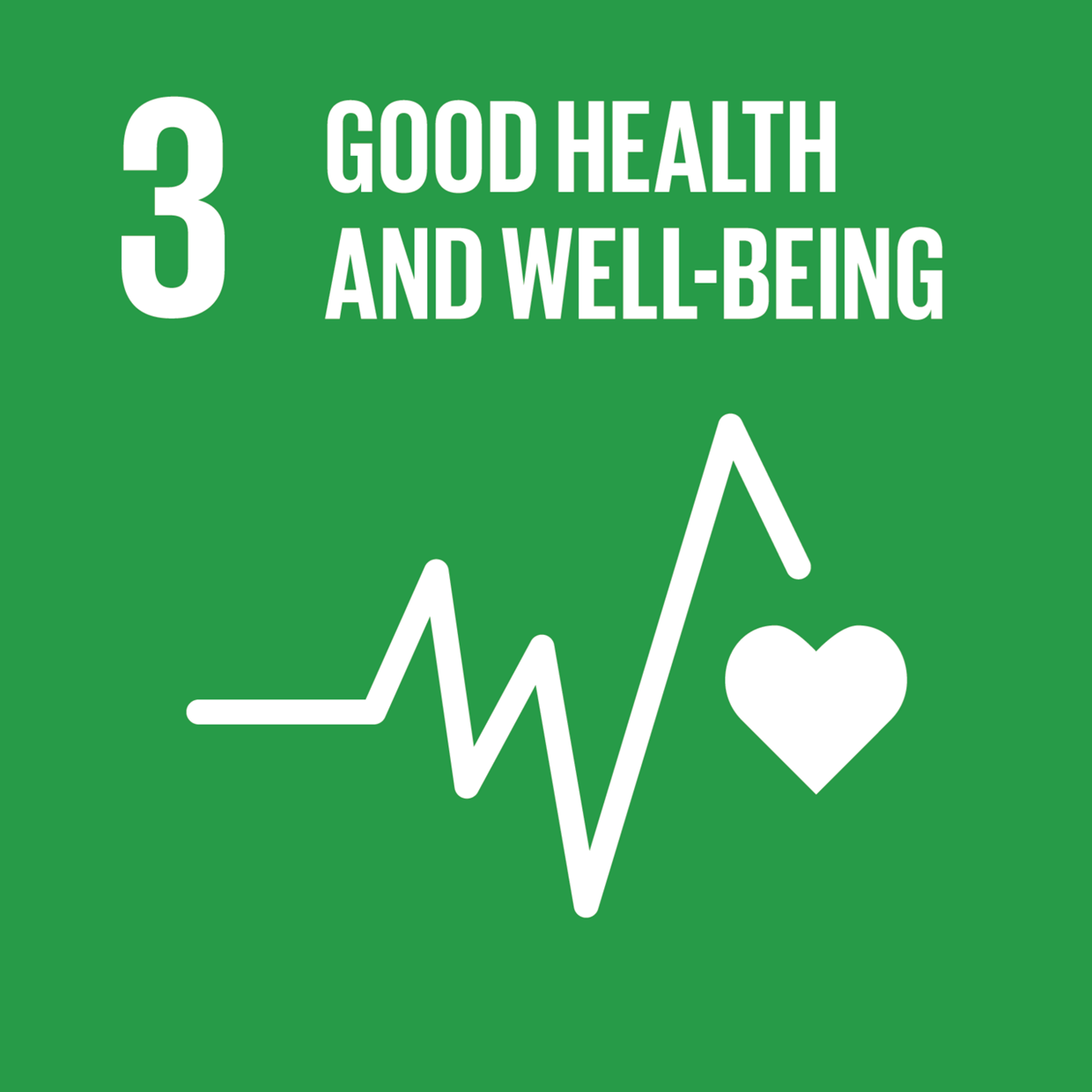 SDG 3: Good Health and Well-Being
SDG 3: Good Health and Well-BeingBelimo contributes to SDG 3 “Good Health and Well-Being” by ensuring optimum air quality and well-being in indoor spaces. Its intelligent HVAC components control the major factors affecting room climate: temperature, humidity, air flow, and indoor air quality (concentrations of CO2 and Volatile Organic Compounds – VOCs). High-performance HVAC systems and proper humidification strategies are required to maintain stable and healthy indoor air quality. Belimo sensors serve as a critical link for ensuring optimum conditions between the zones and the HVAC system.
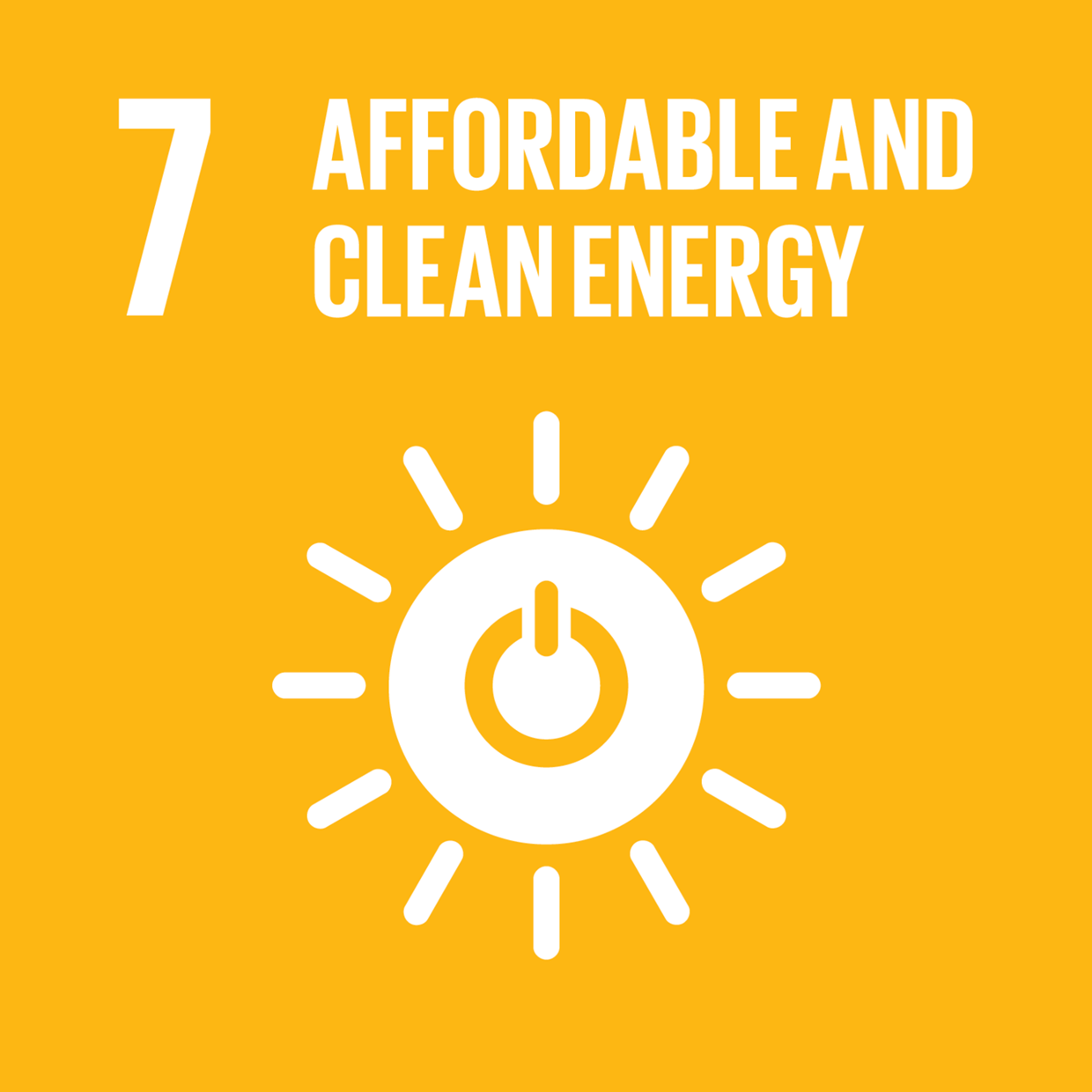 SDG 7: Affordable and Clean Energy
SDG 7: Affordable and Clean EnergyBuildings and their HVAC systems play a critical role in the doubling of the global rate of improvement in energy efficiency stipulated by SDG target 7.3. An estimated 30% of all energy used in buildings is lost due to insufficiently controlled systems. By providing smart HVAC controls, Belimo makes an active contribution to SDG 7 “Ensure access to affordable, reliable, sustainable, and modern energy for all”.
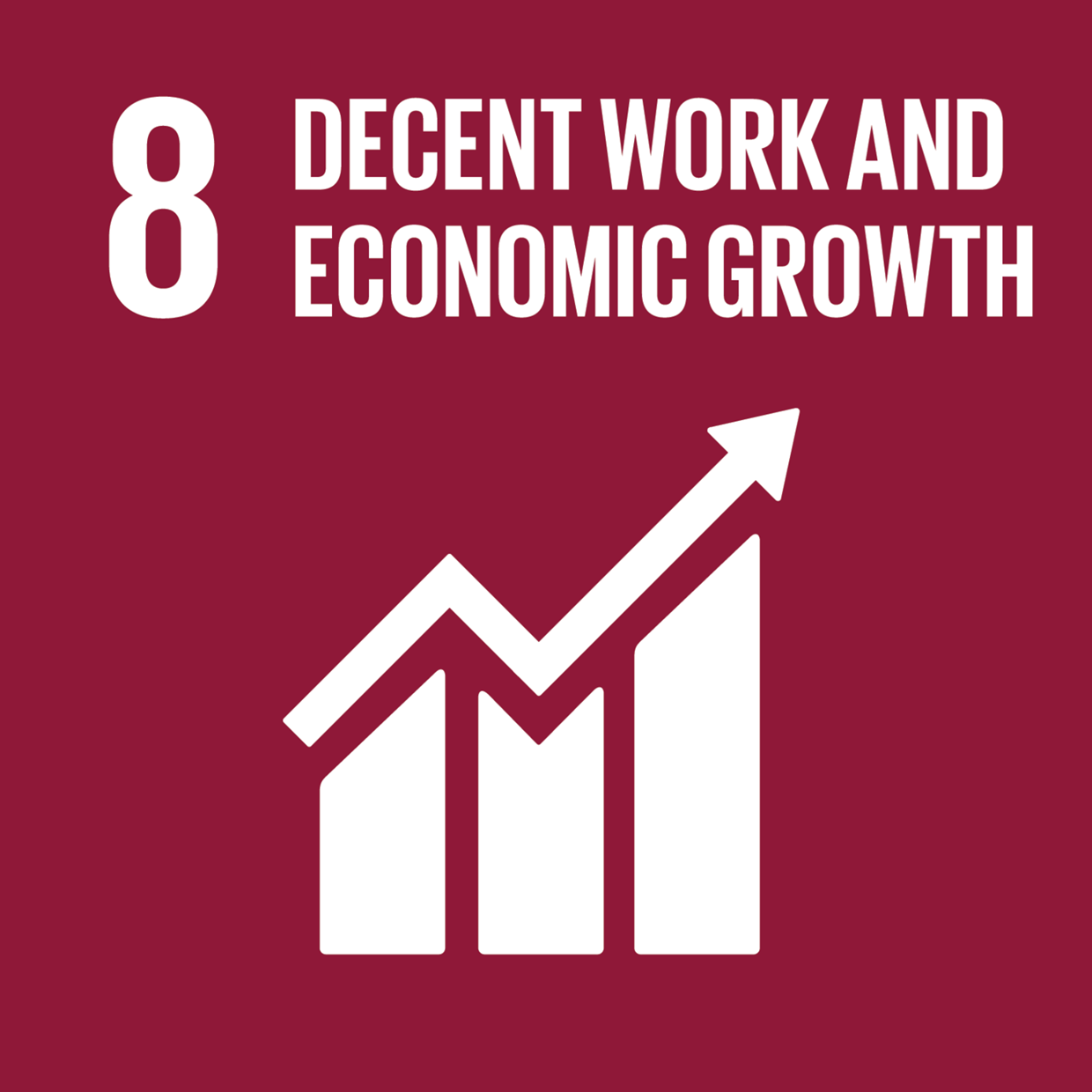 SDG 8: Decent Work and Economic Growth
SDG 8: Decent Work and Economic GrowthWith its sustained economic growth and the continuous creation of new and attractive workplaces, Belimo contributes to SDG 8 “Decent Work and Economic Growth”. Other contributions include the empowerment of our employees, the fostering of their skills, and equal opportunity employment practices.
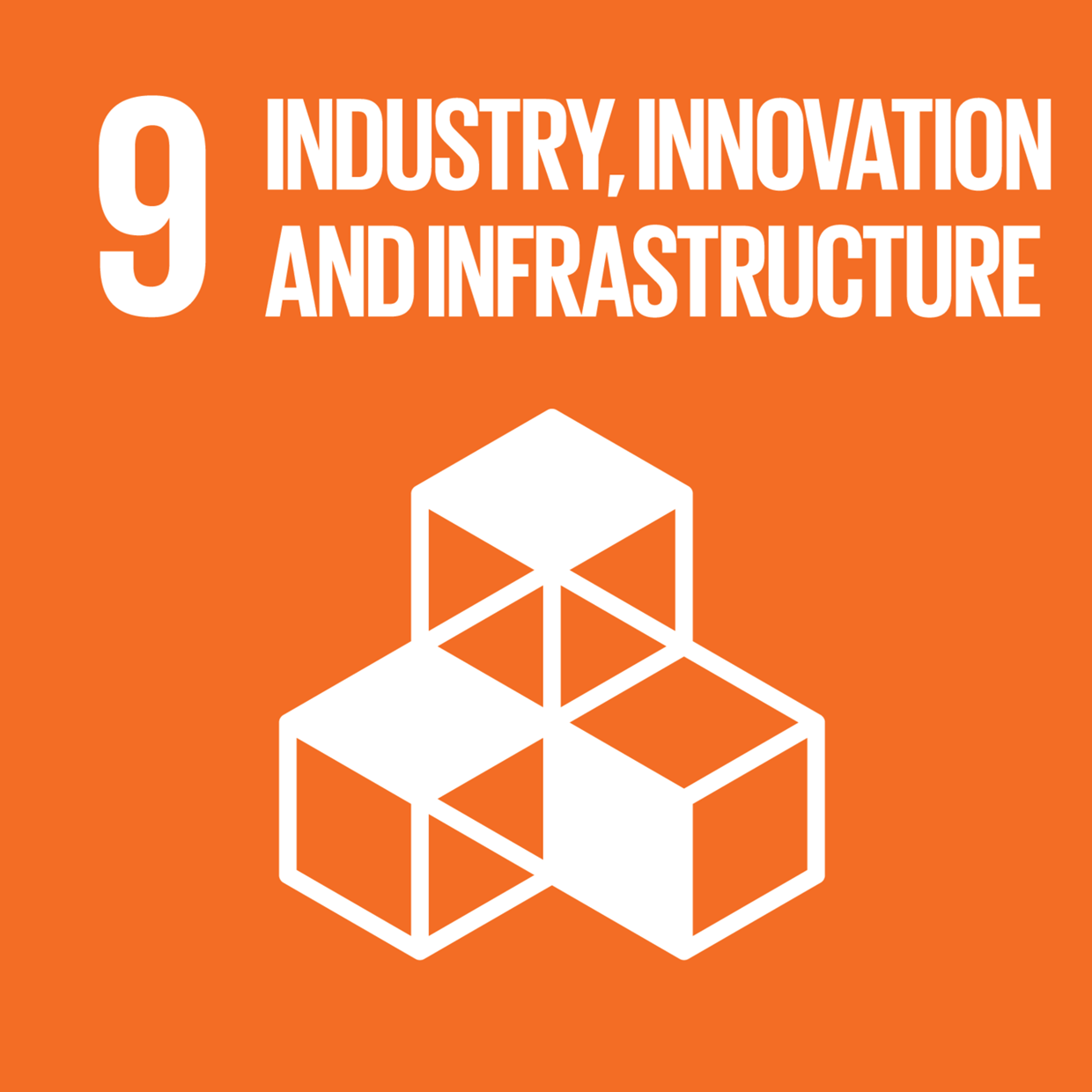 SDG 9: Industry, Innovation, and Infrastructure
SDG 9: Industry, Innovation, and InfrastructureWith respect to SDG 9 “Industry, Innovation and Infrastructure”, Belimo sets standards in HVAC damper actuator, control valve, sensor, and meter technologies. While the majority of Belimo field devices drive the energy efficiency of buildings, it is its fire and smoke actuators that contribute to their resilience.
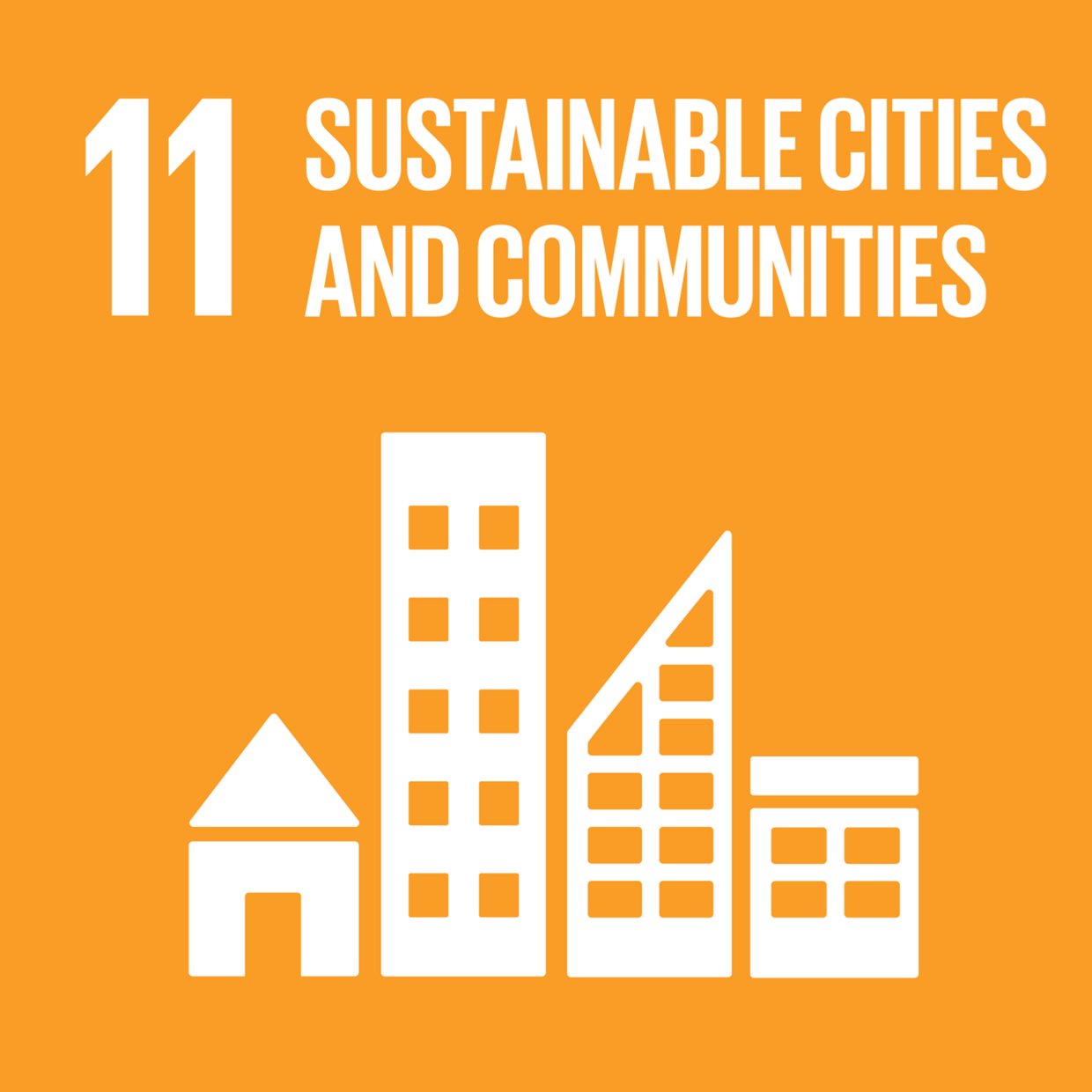 SDG 11: Sustainable Cities and Communities
SDG 11: Sustainable Cities and CommunitiesBy 2050, two thirds of all humanity – 6.5 billion people – will live in cities. This megatrend of urbanization actively drives the number of people living and working indoors and, along with it, the necessity of intelligently controlled HVAC systems, i.e., Belimo applications. Concerning SDG 11 “Sustainable Cities and Communities”, Belimo helps make cities more sustainable and safer by providing products such as the Belimo Energy Valve™ and a wide range of safety actuators for motorized fire dampers and smoke control dampers.
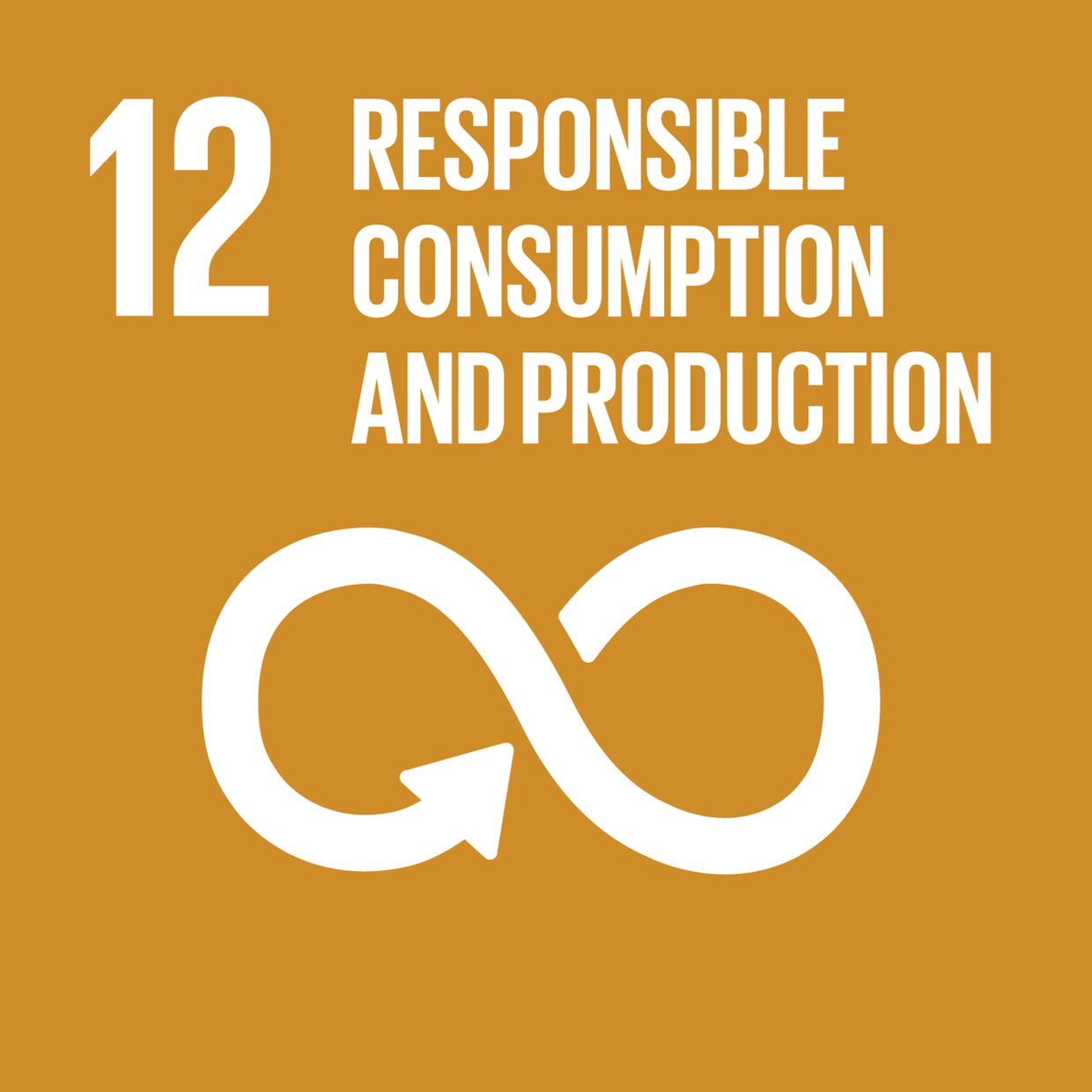 SDG 12: Responsible Consumption and Production
SDG 12: Responsible Consumption and ProductionBelimo contributes to SDG 12 “Responsible Consumption and Production” by upholding sustainable procurement practices and localized sourcing, minimizing waste, and optimizing logistics through the modularization of its product ranges and by applying environmental management standards at its main production sites.
 SDG 13: Climate Action
SDG 13: Climate ActionBuildings currently consume 40% of the world’s energy, with HVAC systems accounting in turn for 40% of that figure. The application of Belimo products saves energy in HVAC systems in buildings, thereby creating measurable sustainability benefits and significantly contributing to SDG 13 “Climate Action”.

